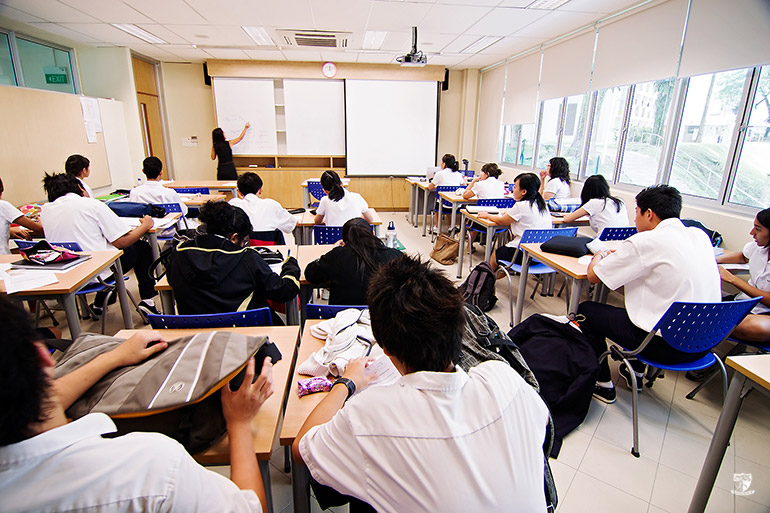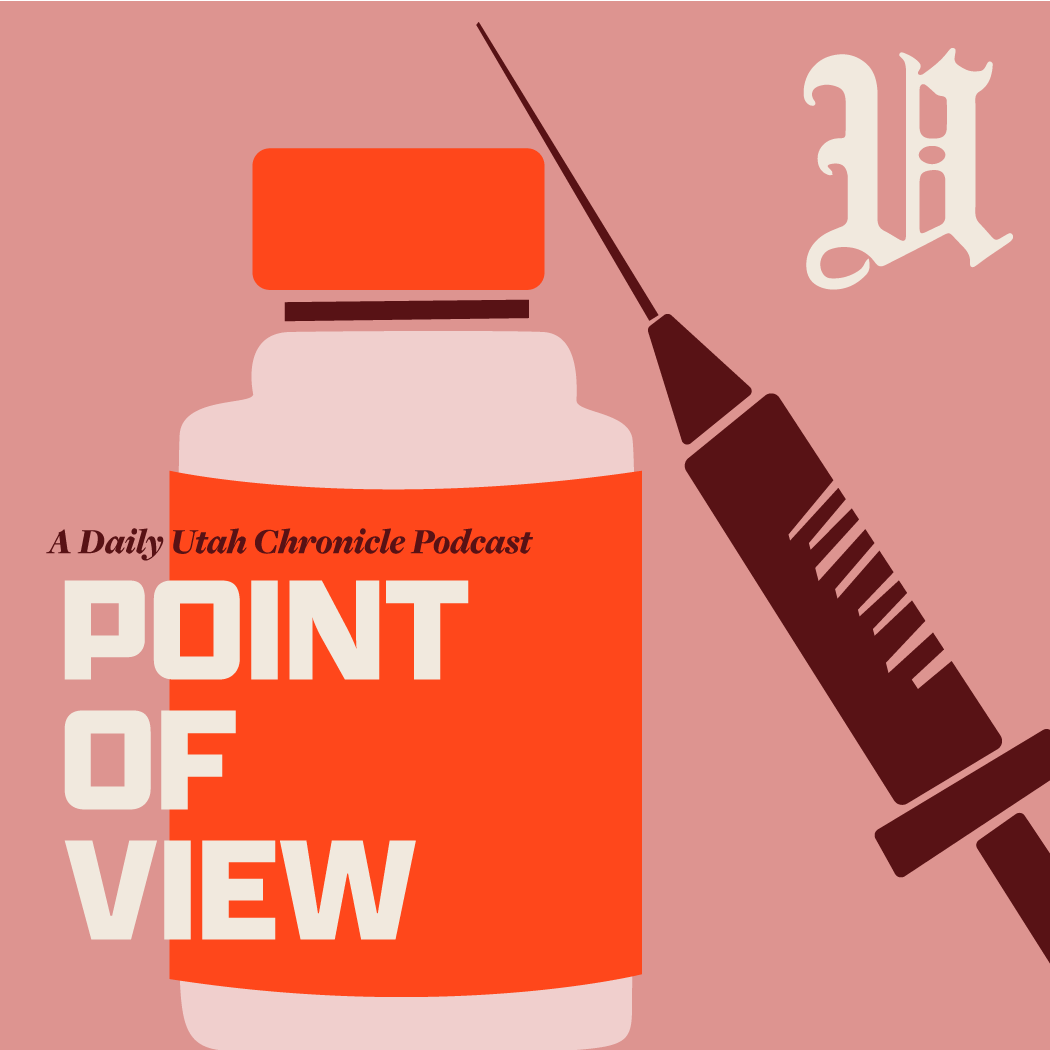Barron: Utah Needs Comprehensive Sex Ed, Not Limitation and Ignorance
September 22, 2019
“The worst part is that by the time parents find out, if they ever do, the children will already be damaged.”
This dramatic line appeared in a stock form letter circulated by the Utah Eagle Forum at a recent meeting of the Utah Board of Education. The Eagle Forum attended to protest the current Utah State Code, which allows educators teaching sex education to classes to respond to “spontaneous student questions about sex.” Eagle Forum President Gayle Ruzicka took to the podium to speak against the state-sponsored guide, which provides teachers with accurate, state-approved answers to potential questions ranging from “will the use of a condom prevent sexually transmitted diseases?” to “is oral or anal sex really sex?” to “what is date rape?”
Ruzicka deemed many of these questions too “embarrassing” to read aloud, but that doesn’t change the fact that Utah’s students are entitled to a quality sex education, even if adults like Ruzicka are too immature to talk about sex. Formal comprehensive sex education is known to prevent the spread of sexually transmitted infections (STIs), to promote healthier romantic relationships and to improve inclusivity within school communities.
According to the Center for Disease Control and Prevention, almost 25% of HIV diagnoses and 50% of all STIs in the United States occur to Americans under the age of 25. These diagnoses carry serious consequences, as contracting an STI can result in serious health complications like cancer or infertility.
Luckily, there is an effective solution. In 2014, a review of 64 studies found that school-based sex education is an effective intervention against STIs. It decreases risky sexual behaviors among students by “delaying sexual debut, increasing condom use and decreasing number of sexual partners.” While Utah’s sex education curriculum covers the consequences of STIs, this bare-bones education clearly isn’t cutting it, considering how many Utah teens have developed an infectious disease. Experts agree that students need to be aware of how to correctly use condoms and dental dams to reduce the spread of STIs in the United States.
Comprehensive sex education can also encourage necessary awareness of sexual assault and dating violence. Most sexual assault and violence are perpetrated by people who have a relationship with their victims. They could be a romantic partner, a friend or a peer. This is especially the case in schools. Allowing teachers to define date rape for a class is a powerful way to begin necessary discussions of consent, how to practice refusal-skills and what healthy relationships look like.
Nicole Daley works to prevent teen sexual violence with the non-profit OneLove. “Discussing healthy relationships and building that foundation is important,” Daley said. “Even if [students are] not having sex yet, they’re grappling with the idea of what healthy relationship is.” Utah should improve in this area by ensuring teachers refrain from teaching hurtful metaphors that align student’s self-worth with not having sex. Elizabeth Smart, a Utahn who was kidnapped and raped at age 14, said that one of these metaphors contributed to her own feelings of shame, and that these cultural values can discourage victims from escaping abusive situations.
In 2017, Senate Bill 196 — nicknamed the “No Promo Homo” law — was repealed, allowing for a more inclusive sex education in Utah’s public schools. Almost three years later, teachers continue to await direction from the Utah State Board of Education before they can implement LGBTQ curriculum into their classes. School-sponsored sex education is one of the few sources of reliable, age-appropriate information on sexuality and sexual health for students, and LGBTQ students deserve access sex education that speaks to them as much as it does their peers. Leaving LGBTQ youth out of sex education implies that non-heterosexual and non-cisgender relationships are abnormal. Denying LGBTQ students this access not only increases their risk for negative sexual health outcomes, but it also contributes to hostile school environments. Indeed, LGBTQ students are 91% more likely to be bullied or harassed than their straight peers.
International human rights standards require that students receive a school-sponsored comprehensive sex education that is scientifically accurate and free from discrimination. Inclusive, comprehensive sex education is necessary to address the state’s high STI rates in youth. It could be teaching safe-sex methods beyond abstinence, preparing students further than weakly pleading “please don’t do it.” Better sex-ed can empower teenagers by forbidding the use of offensive metaphors as a teaching tool and could improve LGBTQ students’ entire educational experience.
So-called community advocates like Ruzicka have no right to prevent the Board of Education from fulfilling its obligation to Utah’s youth, especially not over their personal opinion about what is “inappropriate.” It is clear that what truly damages Utah’s children is the continued advocacy for limitation and ignorance.








